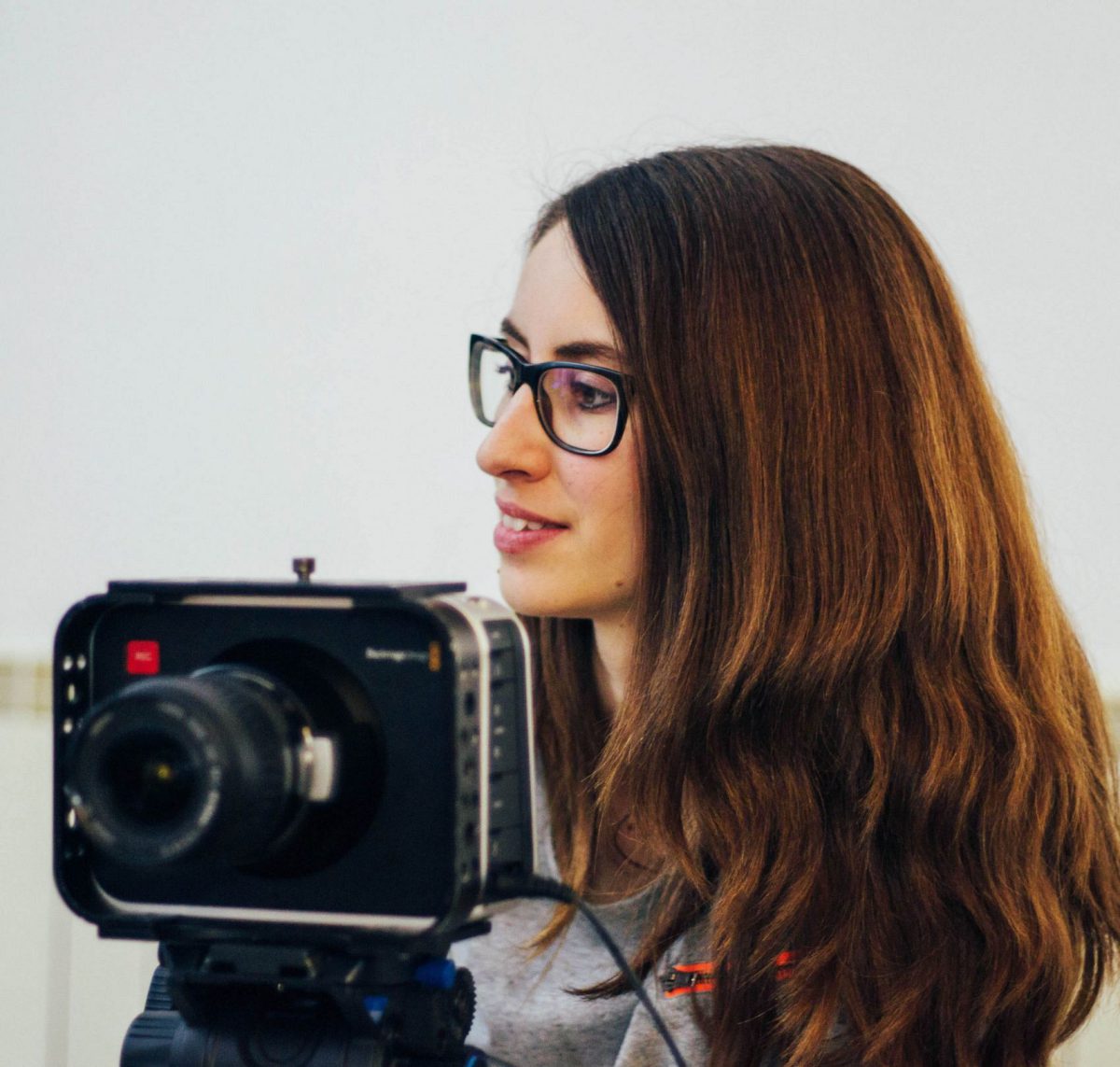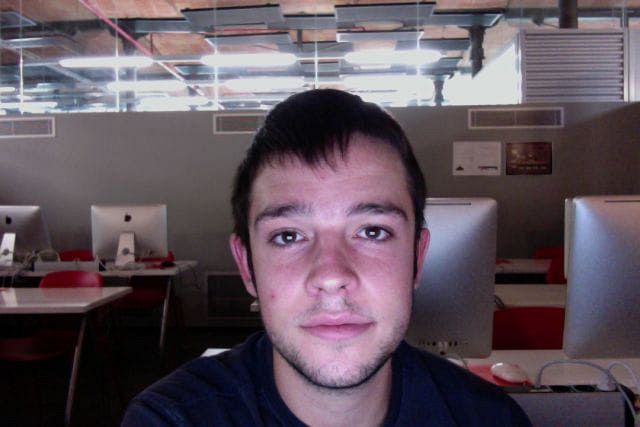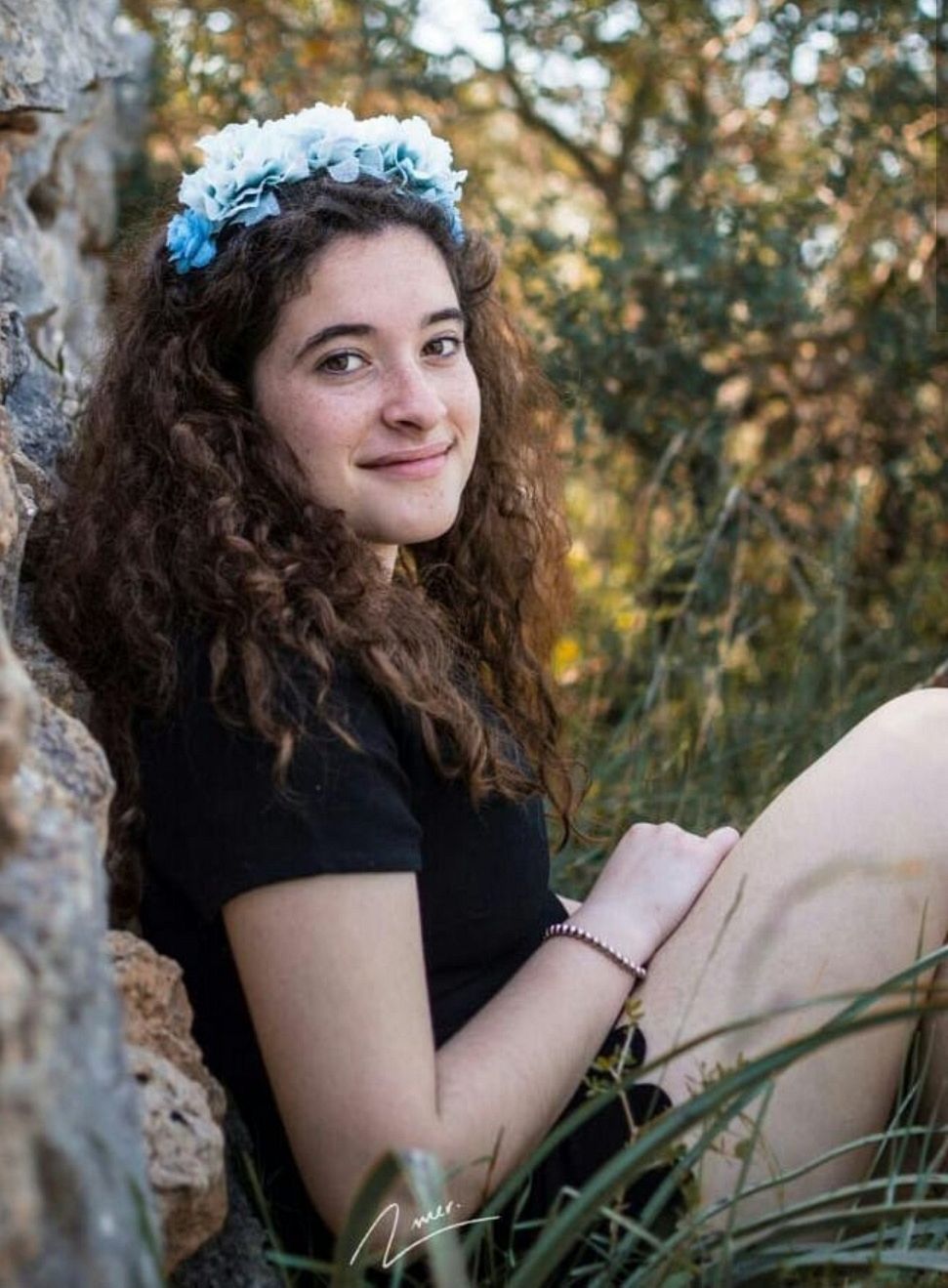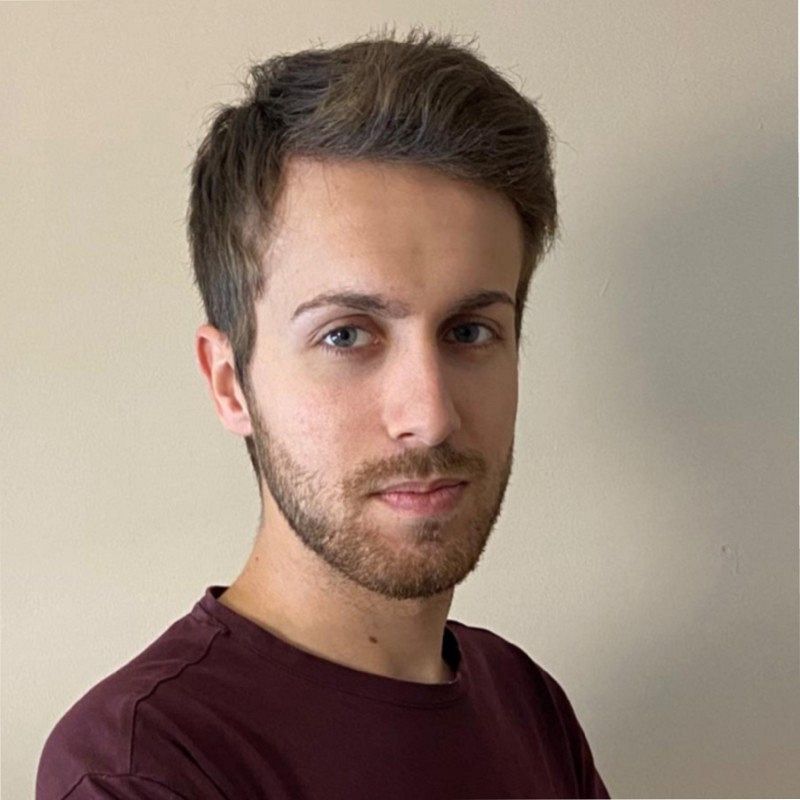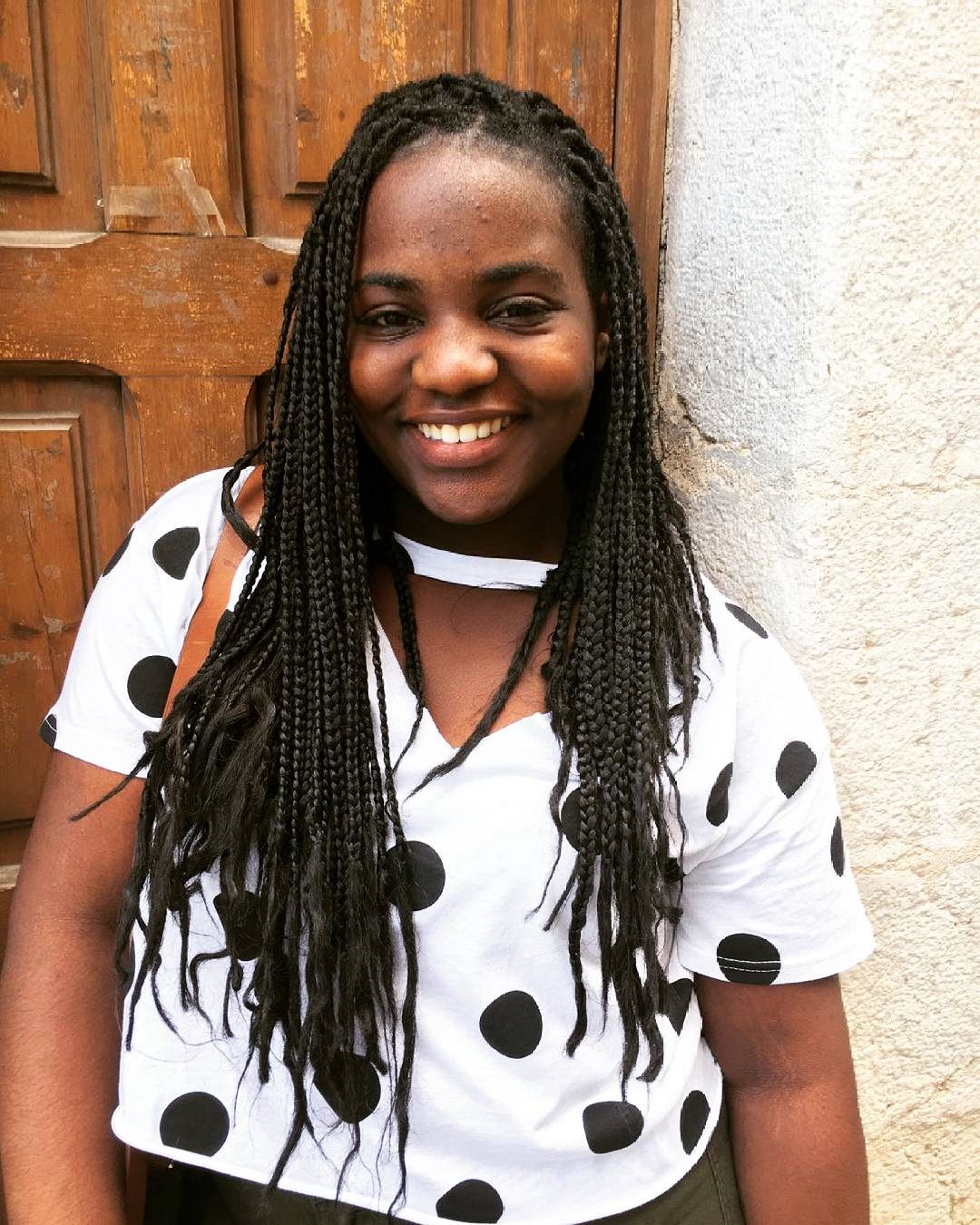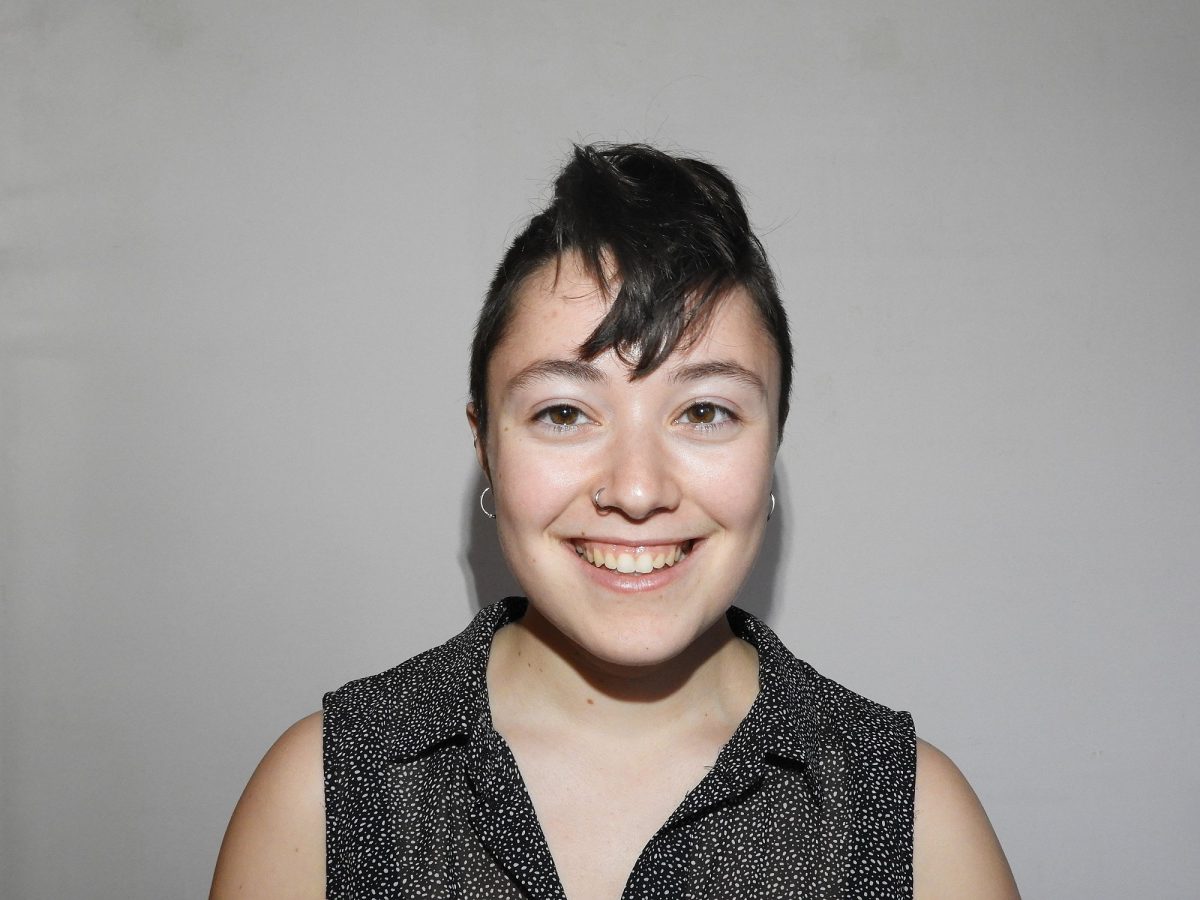The University School of the Arts, as a transdisciplinary center, connects artistic disciplines with research methodologies based on the arts, design, and new technologies. From this perspective, creative practice is understood as an engine for transforming society through values such as diversity, sustainability, justice, and care.
The school has two research groups that share this common vision and mission but operate in two different areas of action.
ERAM starts from the conviction that research produces academic knowledge, which is continuously transferred to teaching in a feedback loop, connecting the following dimensions of what we understand to be the social function of a university: academic production, creation of artifacts and experiences, social and cultural transfer, and educational innovation. To make this possible, it is crucial to generate participatory, artistic, and situated research that we explore from the laboratories and courses, so that it can have an impact on the education at our university, unfolding, for example, in the practices and final degree projects.
ERAMSCI is interested in research based on creative methods carried out in various environments such as educational contexts (formal, non-formal, and informal), cultural centers, community practices, public spaces, etc. in order to contribute to the debate on what the role of artistic practice and its forms of engagement in society, education, work, the planet, and life in general should be. The goal of the group is to develop and consolidate, among other things, pedagogical tools linked to embodied thinking and experience that arise in creative processes, and to explore applied artistic research in other fields of knowledge. This group also has a Research Unit in Teaching Innovation called Per/forma.
ERAMSCI (GRHCS113), Research Group on the Analysis and Creation of Audiovisual and Stage Contents of Contemporary Culture, is a group affiliated with UdG (University of Girona).
In this group, we have 6 IVUs (Researchers linked to the University), and they are Carlos Ruiz, Carolina Martínez, José Luis Corazón, Melissa Lima Caminha, Ferran Altarriba, and Judit Vidiella. Only these 6 IVUs are linked to a department, which is the Department of History and History of Art of UdG.
| Teacher | Area | Charge |
|---|---|---|
Dr. Judit Vidiella | Fashion degree Degree in Performing Arts Degree in Audiovisual Communication and Multimedia | Principal investigator |
Dr. Carlos Ruiz | Degree in Audiovisual Communication and Multimedia | Investigator |
Dr. Carolina Martínez
| Degree in Performing Arts Degree in Audiovisual Communication and Multimedia | Investigator |
Dr. Jose Luis Corazón | Degree in Audiovisual Communication and Multimedia | Investigator |
Dr. Melissa Lima Caminha | Degree in Performing Arts | Investigator |
Ferran Altarriba | Degree in Audiovisual Communication and Multimedia | Investigator |
Dr. Marc Plana | Degree in Audiovisual Communication and Multimedia | Advisor and collaborator |
Dr. Maria Garcia Vera | Degree in Performing Arts Degree in Audiovisual Communication and Multimedia | Advisor and collaborator |
Jordi Duran | Degree in Performing Arts | Advisor and collaborator |
The Playful Living Lab is a research group that explores how, through technology design, we can facilitate playful and social experiences. Using state-of-the-art co-design methods, the lab envisions how future technology can imbue our lives with a more playful character. The goal of this research program is to harness the possibilities offered by design and technology to contribute to a future where society places greater value on fun, joy, and shared experiences.
| Teacher | Area | |
|---|---|---|
Ferran Altarriba | BA Degree in Communication Audiovisual & Multimedia | |
Jordi Màrquez | BA Degree in Communication Audiovisual & Multimedia |
The members of the ERAMSCI research group are interested in arts-based research methods (digital, visual, performative explorations, affective methodologies and pedagogies). It is a diverse group with interests spanning various disciplines. They work from posthumanist practices to queer theory and feminisms, as well as postcolonial approaches, cultural theories, and sociological perspectives, using innovative and transformative research methods.
This practice takes place in various environments, including educational contexts (formal, non-formal, and informal), diverse communities, cultural centers, arts and humanities, industry, etc.
Leveraging the artistic and multidisciplinary background of the research team, the group’s goal is to develop and consolidate, among other things, pedagogical tools related to embodied thinking and experience generated in creative processes. They have a dynamic view of research and creation processes and aim to apply it to the dynamic of teaching and learning in the classroom (and beyond) through dynamically generated feedback loops between the doors they open to students and the ones students open to them.
Main research axes:
Explore the various possibilities and the potential of the arts for learning, teaching, creating, generating, and transferring knowledge across diverse scientific, technological, humanistic, etc., fields. With this axis of interdisciplinary and transdisciplinary research, we contribute to the valorization of the arts in education, culture, and various industries and economies, fostering processes of learning and transfer of sensitive, affective, critical, poetic, and relational knowledge.”
Rethinking identity through research on the performative use we make of the body (both in the social and artistic spheres) and its contemporary relationship with new technologies on various fronts. In our daily lives, we have become accustomed to constantly carrying technological devices that function as extensions of our bodies, expanding our brain and sensory experiences in multiple ways. We have also become accustomed to integrating devices into our bodies that enhance or regulate our bodily functions. How does all of this impact our perception of identity?
Can we already consider ourselves beings halfway between humans and machines? How do we integrate this into the narrative of our experience? How does this change our relationship with the environment and with others? These questions that affect our daily lives are also currently transferred to scenic and performative artistic practices that combine the work of the body and new technologies, using sensors, biometric indicators, etc., to explore the relationship between our materiality and that of machines.
Explore a post-anthropocentric perspective that shifts humans from their central position in the world. This implies considering ourselves on the same level, not only with the living creatures of the planet but with all the materialities we coexist with, endowing them all with the same status. We believe that this line of thought is the only one that can lead us today to new possible ecologies that can help reconstruct not only the planet but also reality as we perceive it. This perspective involves new ways of relating to each other and the environment around us.
Processes of participation and intervention through art in public spaces of the city: Sharing research in various spaces and events, such as festivals, exhibitions, cultural centers, civic centers, and any place that allows community gatherings for exchange and collective learning through art. This axis enables us not only to transfer but also to generate knowledge and wisdom with the community and the relationships we can build with the environment.
Cultural memory and affective and performative fabulations of the archive: This research axis encompasses images and embodied practices as entities charged with affects, shifting the center of analysis from a representational gaze to a performative understanding. From here, forms of arts-based research will be explored, experimenting with collaborative co-invention devices to deterritorialize hegemonic forms of understanding cultural memory and the archive. Research is understood as a form of production and theorization that generates affects/effects, a relational tool for social transformation.
Per/forma is a unit that is part of the ERAMSCI research group, specifically focused on Teaching Innovation, linked to the ICE of the UdG.
Vision: To build a place with its own understanding of what Pedagogy in the 21st century means and what teaching innovation should imply within this context.
Mission: To be a space for meeting teacher-researcher-artists to share methodologies and techniques of teaching innovation, using Arts-Based Educational Research (IEBA) as a reference framework.
Values: To deliver teaching and conduct research with a solid ethical foundation; disseminate and transmit the knowledge generated within the research group.
Overall objective: To create a space for teaching collaboration to share resources and creative methods that can promote transdisciplinary processes of teaching and learning, framed by Arts-Based Educational Research (IEBA), especially in the fields of performing and scenic arts.
To investigate the various possibilities and potential of the arts for learning, teaching, creating, generating, and transferring knowledge across diverse fields and scientific, technological, humanistic, etc.
With this axis of interdisciplinary and transdisciplinary research, we contribute to the valorization of the arts in education, culture, and various industries and economies, favoring processes of learning and transfer of sensitive, affective, critical, poetic, and relational knowledge.
Rethinking the meaning of art education as a scenario for cultural production and transfer, and as a way to critically reflect on the ways of learning and being in university, authorizing oneself as knowledge producers, creating collaborative artistic processes, and generating situated and transformative practices in the (educational, artistic, social, professional) context.
Encourage students to embody a learning-based education focused on the exploration of the learning experience in order to overflow the stagnant frameworks in higher education.
Incorporate feminist, queer, and decolonial contents, practices, and references into our teaching practices and programs. Investigate and exchange experiences considering issues such as the coloniality of power and knowledge, as well as privilege systems in the university, teaching, and research practices.
Valuing diverse non-official, non-Eurocentric, and non-Western knowledges, reclaiming and expanding eccentric, southern, non-normative genealogies.
Address contemporary philosophical challenges in higher education to create a socially more just university and pedagogies. This axis aims to generate a forum to reflect on how critical posthumanism, affect theory, and new feminist materialisms provide a useful lens for higher education and demonstrate how these perspectives can benefit learning and teaching methods and practices.
Explore how arts-based approaches can be used to develop pedagogies in higher education that are relevant for the posthuman future and how these approaches can be employed within institutions to help prepare students for a participatory future.
We conceive the field of the performative from an expanded perspective, understanding it in a manner similar to what Brad Haseman proposes, that is, as a model that distinguishes itself from dominant paradigms (quantitative and qualitative) and therefore has distinctive protocols, as well as unique methods for evaluating the knowledge generated through arts-based or arts-informed research applied to any artistic field.
Thus, the research of this group explores the production of pedagogical-artistic discourses conceived as artifacts that generate a dual movement between exegesis and piece.
Creative methods based on the arts to promote critical and collaborative teaching-learning processes. In a hyperconnected and complex world, fostering collaboration strategies among university students becomes an urgent and growing necessity.
Not only to generate a more horizontal and democratic teaching-learning relationship but also because it is a necessary social competence in the workplace and in our social and cultural experiences.
Generate IBA articles that serve as artifacts which, in addition to being the exegesis of a research process, are presented in original ways (e.g., use of images, narratives, performances, etc.) that can embody knowledge transcending the exegesis itself, helping to pave new paths in these methodologies and consolidate the ones already in existence.
We emphasize the field of Performing Arts, as in the Spanish context, it has been integrated into academia relatively later, making it especially in need of pedagogical strategies that integrate theory with research and artistic practice in an organic way. Additionally, from an international perspective, IBA is underdeveloped in the performing arts field, making the contribution of this collective particularly valuable in this regard.
Outside the academic realm, the goal will be to demonstrate how the triple line of work can also be effective in the context of non-formal learning, having a relevant social and community impact.
| Year | University | Project | Funding |
|---|---|---|---|
2016–2019 | Presencias y representaciones de la mujer en el cine de los orígenes (PRECINEMUJER) | 26.620 € | |
2019 – 2021 | Mundos virtuales en el cine de los orígenes: dispositivos, estética y públicos | 36.300 € | |
2019 – 2024 | Pleasurescapes. Port Cities’ Transnational Forces of Integration | 99.549 € | |
2022 – 2024 | – | ||
2022 – 2025 | Archivo virtual artes escénicas. Artes efímeras en Castilla-La Mancha | 71.390,08 € | |
2022-2025 | Visions of the sick body in cinema and photography: physical and mental pathologies (PID 2021-125555NB-100). Entity: Ministry of Economy and Competitiveness. Principal Investigator: Àngel Quintana. With the participation of Judit Vidiella and Carolina Martínez | 91.355 € |

